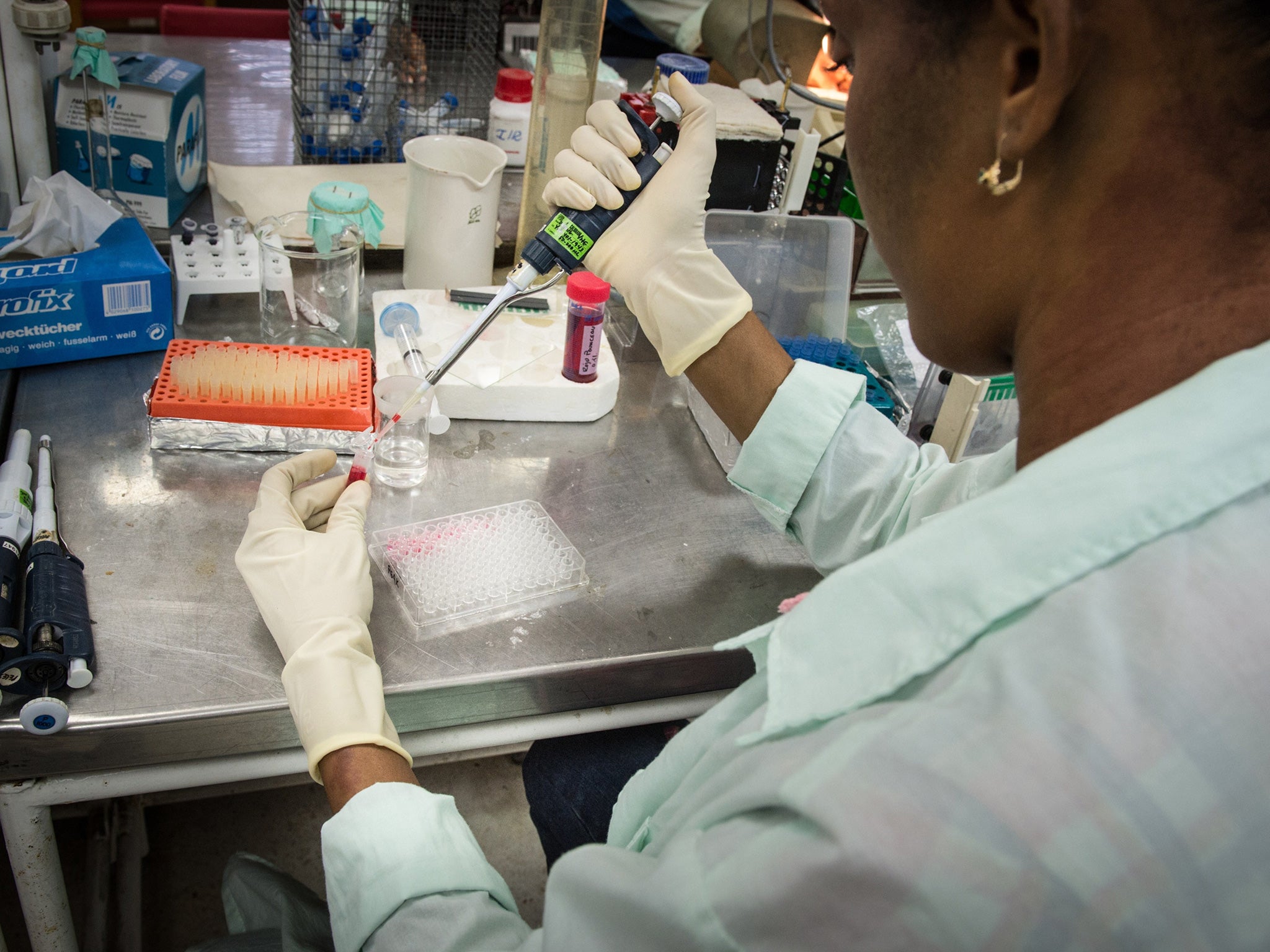Children with cancer 'denied new drugs due to EU loophole'
Young patients could miss out on Europe-wide trials after Brexit even if regulations change

Children with cancer are being denied new drugs with the potential to save lives due to EU regulations, cancer experts have warned.
Drug companies are currently able to opt out of running clinical trials in children – but even if this loophole is closed, there are concerns young cancer patients in the UK could miss out on Europe-wide trials after Brexit.
The Institute of Cancer Research and the Royal Marsden NHS Foundation Trust called for urgent reform to the EU Paediatric Regulation so children can access the latest cancer treatments.
They said currently nowhere near enough cancer medicines were being tested in children and recommended changes to the regulation to allow children to benefit from trials.
“By allowing pharmaceutical companies to use waivers to avoid trials in children so they can focus on adult treatments, the regulation is stifling progress and could be stopping children receiving a treatment that could save their lives,” said Professor Louis Chesler, who works at both institutions.
Amanda Walker, whose six-year-old daughter died from a rare form of brain cancer in 2011, said it was “heartbreaking” to know there might be treatments being developed for rare diseases such as her daughter’s that weren’t being trialled because of the loophole.

Chief executive of the Institute of Cancer Research Paul Workman said the institutions’ advice to the European Commission represented a chance to improve an out-of date approach to clinical trials.
But he also urged the Government to recognise the importance of access to clinical trials in Brexit negotiations.
“It's vital that whatever deal the UK does preserves access to Europe-wide clinical trials for children with cancer, and avoids creating even longer delays in children accessing the latest cancer medicines,” he said.
More than 600,000 patients a year in Britain take part in clinical trials, but medical research organisations have warned the UK could be bypassed by drug companies setting up trials after it leaves the EU.
The risk is particularly heightened for patients with rare diseases, including some childhood cancers, because the small number of potential trial participants makes it more efficient to run the research across Europe.
Beth Thompson, senior policy adviser at the Wellcome Trust, which funds medical research, said there is a “real risk that patients will miss out” after Brexit.
“It’s going to become more complicated to run a trial here, with our population of around 60 million, than it is to go to the whole of the EU, which has a population of 500 million,” she said. “There’s a risk that people might bypass the UK altogether and just go to Europe.”
The EU Paediatric Regulation, introduced in 2007, allows pharmaceutical companies to apply for a waiver from having to trial a cancer drug in children if it targets a cancer that does not affect children, such as lung cancer - even if the drug's mechanism of action means it could be effective for them.
New analysis by The ICR shows that, over the last five years, pharmaceutical companies were granted waivers from having to trial cancer drugs in children for 33 of 53 cancer treatments.
Almost two-thirds of these treatments were ultimately approved, even though some drugs targeted at adult cancers may be effective to treat childhood cancers.
Join our commenting forum
Join thought-provoking conversations, follow other Independent readers and see their replies
Comments
Bookmark popover
Removed from bookmarks